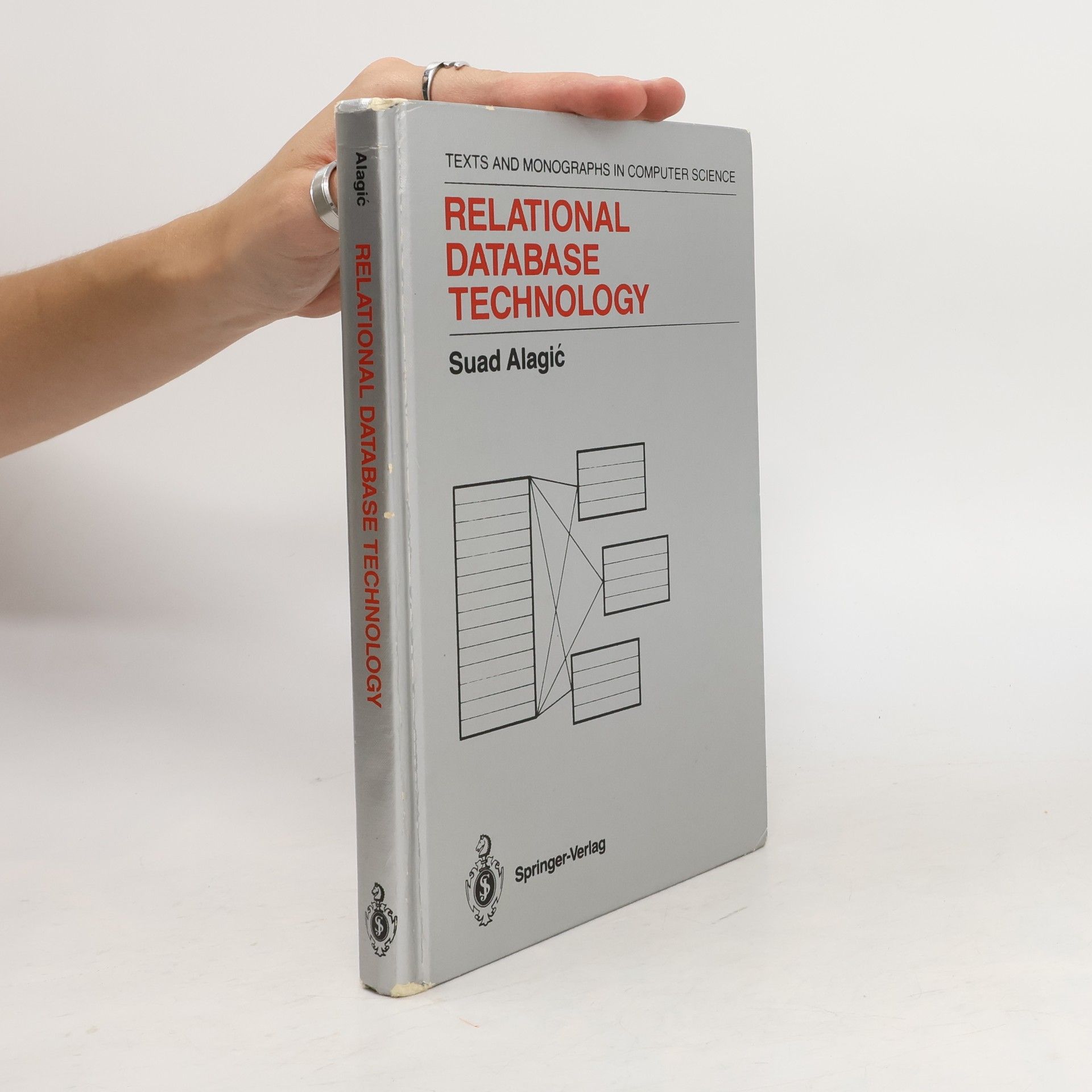This book presents a unified collection of concepts, tools, and techniques that constitute the most important technology available today for the design and implementation of information systems. The framework adopted for this integration goal is the one offered by the relational model of data, its applica tions, and implementations in multiuser and distributed environments. The topics presented in the book include conceptual modeling of application environments using the relational model, formal properties of that model, and tools such as relational languages which go with it, techniques for the logical and physical design of relational database systems and their imple mentations. The book attempts to develop an integrated methodology for addressing all these issues on the basis of the relational approach and various research and practical developments related to that approach. This book is the only one available today that presents such an inte gration. The diversity of approaches to data models, to logical and physical database design, to database application programming, and to use and imple mentation of database systems calls for a common framework for all of them. It has become difficult to study modern database technology with out such a unified approach to a diversity of results developed during the vigorous growth of the database area in recent years, let alone to teach a course on the subject.
Suad Alagić Livres
1. Januar 1946
